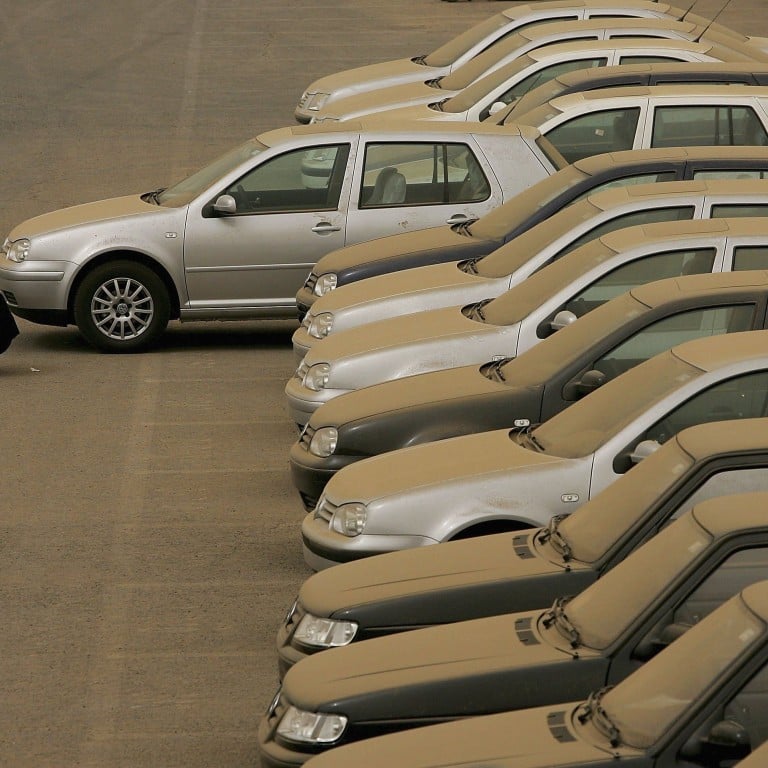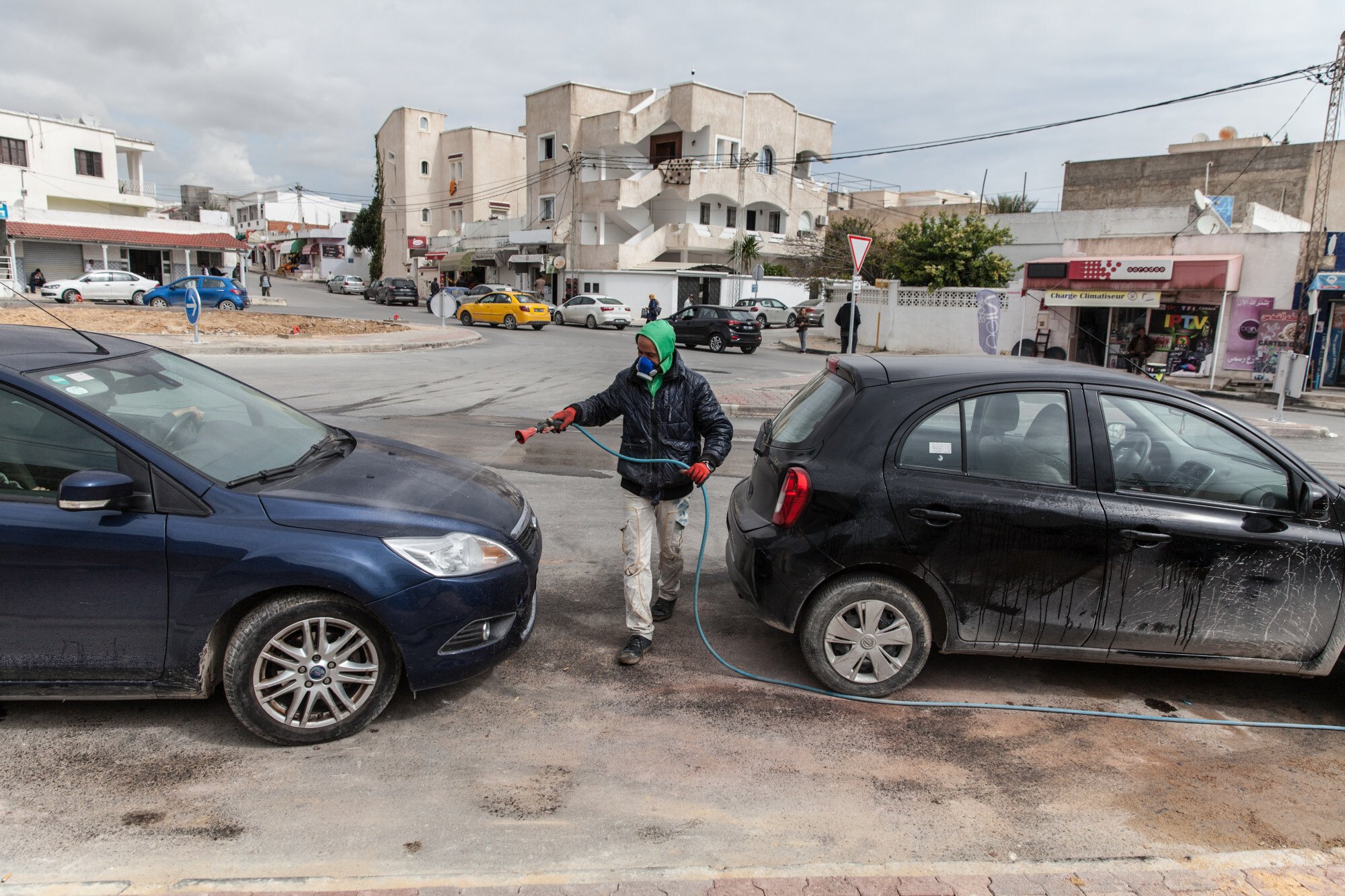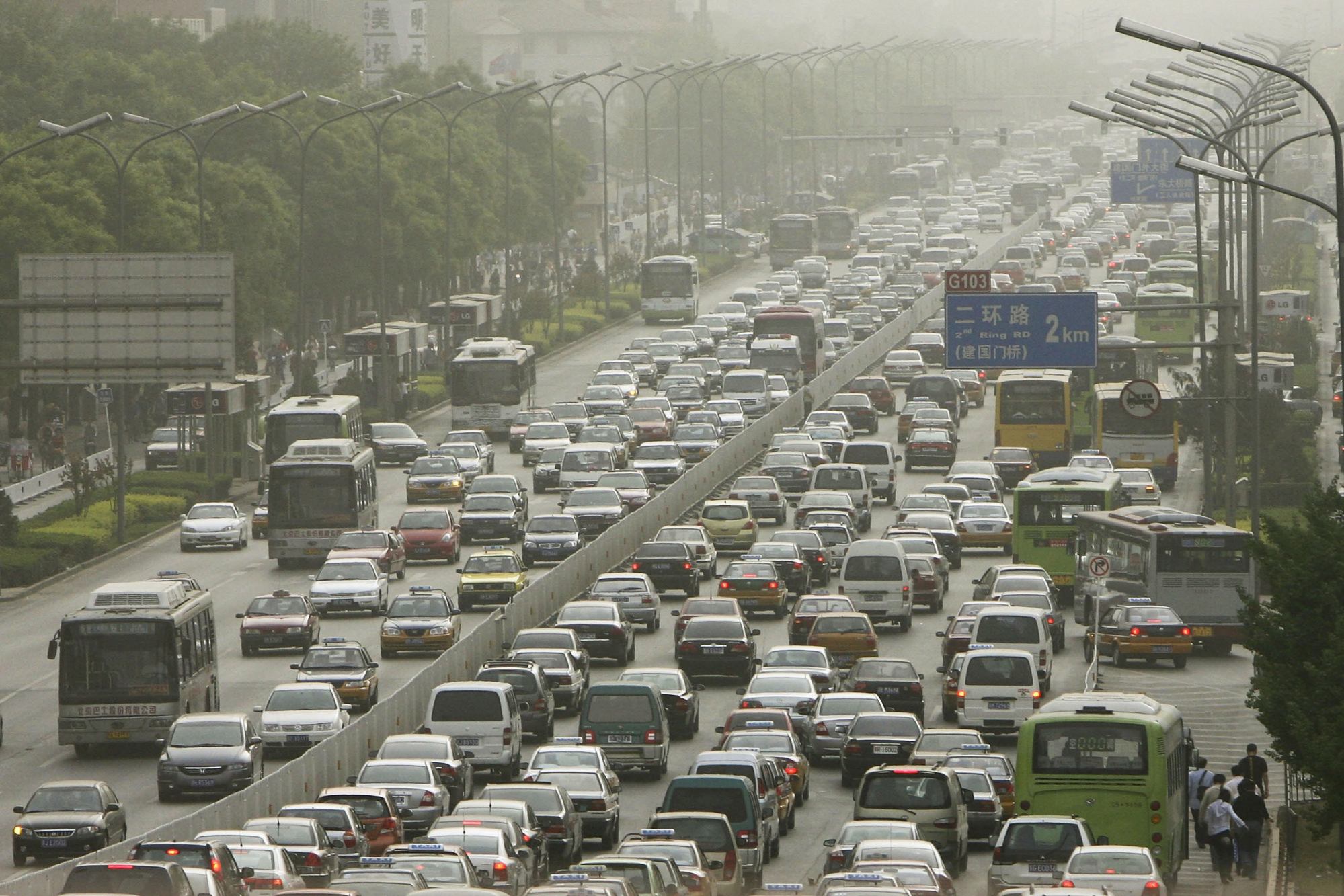
Chengdu in China faces backlash over ‘dirty car’ ban in city clean-up campaign
- Dust on the roof, mud on the wheels, and stains on a car’s exterior are in the sights of Chengdu authorities, who will dole out punishments to offenders
- Cars found to not meet the criteria for being clean will be banned from the city
Residents of the southwestern Chinese city of Chengdu have lashed out at a government ban on people driving “dirty cars”.
From Tuesday, vehicles that have “apparent stains, dirt or mud on the exterior” or “dust on the roof”, “mud on the wheels, wheel guards or chassis” would be forbidden from entering seven major districts of the southwestern capital of Sichuan province.
The directive to regulate the appearance of vehicles on its roads was ordered jointly by four local government departments, in a bid to clean up the city’s image. It stated the car clean-up campaign would “improve air quality”, “maintain a clean appearance of the city” and “control road dust”.
But city residents have taken to social media to voice their concerns that the directive exerted excessive control over their daily lives.
“So, can I walk in the street if I don’t wash my hair and face?” one internet user posted on Weibo.

Others cynically observed that the clean-up campaign was simply a ploy to boost the city’s car washing sector.
Under the new guidelines, licence plates obscured by dirt would also be prohibited.
Authorities urged residents to be more diligent when washing their vehicles while forcing commercial vehicle owners to guarantee a “clean and tidy appearance” of their vehicles when in operation.
Trucks, buses, taxies and other metered vehicles would receive “heavier punishments under related regulations” if they were found to be dirty however, the directive was unclear in specifically stating what those punishments would be.
Many online users criticised the new rules for being too vague with regards to the punishments that would be metered out and divorced from reality.
“What about rainy days? And when passing by a road sprinkler, or a construction site? Shall we simply give up driving?” said another Weibo user.

Chengdu is not the first Chinese city to introduce such strict clean-up measures.
The government of Nanjing, the capital city of China’s eastern Jiangsu province, prompted a public outcry in 2015 when it rolled out a similar draft plan to penalise vehicle owners for dirty vehicles.
It was forced to abandon its plans to fine owners of muddy vehicles up to 100 yuan (US$15.38) after fierce public criticism of the new draft of regulations that concerned the appearance of buildings, public facilities and roads.
In a revised edition, only commercial vehicles are now required to be well maintained and clean when in use.

